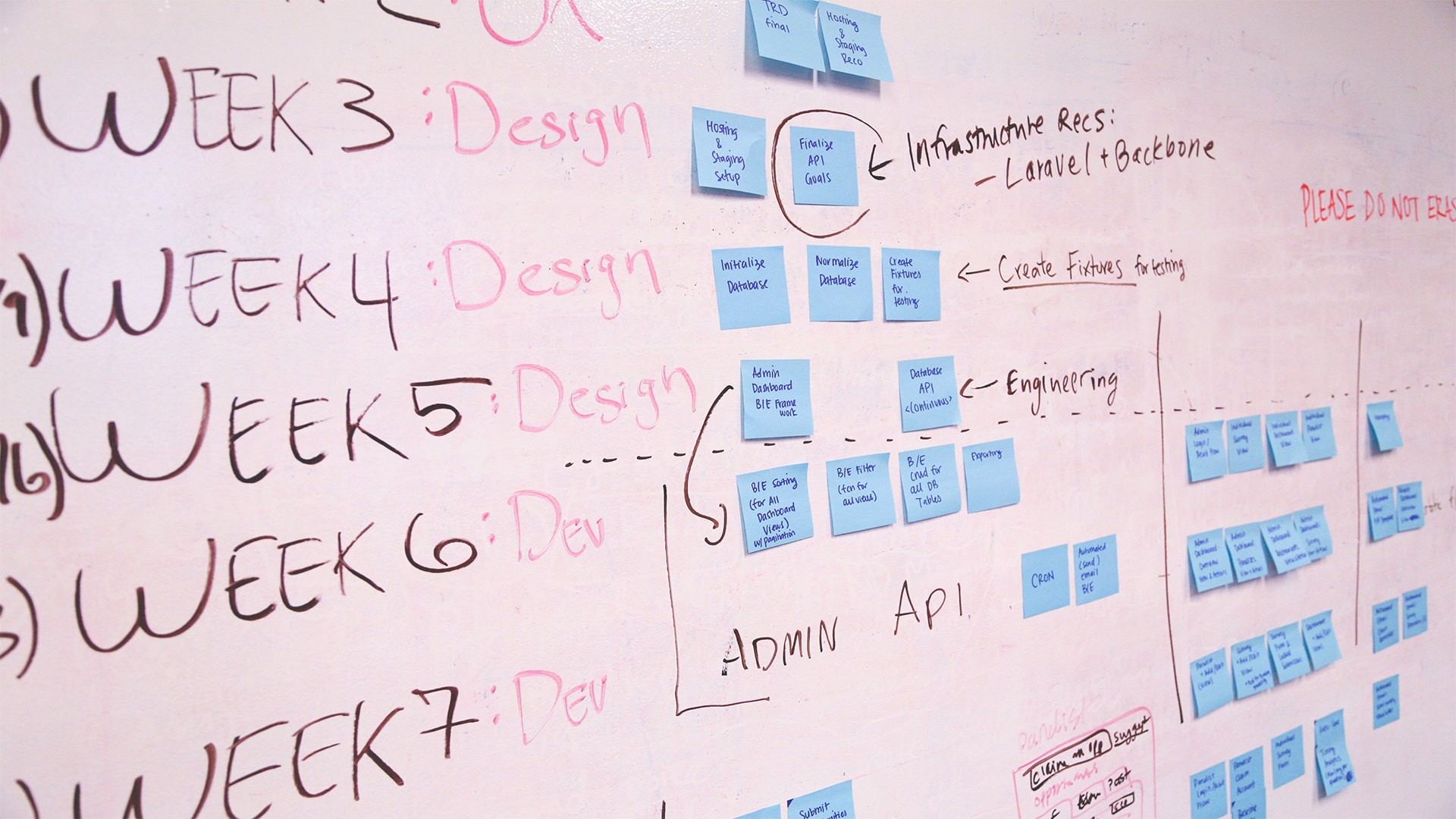
The Professional Engineer’s Project Management
Course overview
The most important person in a project is the engineer. Effective project management is essential to a project’s success. Effective project management must begin on the day the project is launched, and project managers are not the only ones who must strive to make the project successful.
The project would undoubtedly succeed if the engineers working on it had a solid understanding of project management.
Participants understanding of the project management process and other related knowledge areas will improve after taking this Training Bee training course. By covering every facet of projects and project management, this course aims to increase the role responsibility of the engineers working on them.
Introduction
Greetings and welcome to the Project Management Course for Engineers. Here, we’ll start a journey to improve your project management abilities and provide you with the information and resources you need to handle challenging engineering projects with ease. Effective project management is a crucial skill that can mean the difference between project success and difficulties in the dynamic and fast-paced area of engineering.
This course is especially designed to meet the special requirements and difficulties that engineers encounter when managing projects. We will explore fundamental ideas, approaches, and industry best practices that are specifically relevant to engineering projects, giving you the tools, you need to take the lead and make a positive impact on project outcomes.
We are The Training Bee, a global training and education firm providing services in many countries. We are specialized in capacity building and talent development solutions for individuals and organizations, with our highly customized programs and training sessions.
Prepare yourself for an amazing educational journey that will improve your project management skills as an engineer. Greetings from the Project Management for Engineers course!
Learning Objectives
Upon completing Project Management Course for Engineers, participants will be able to:
- Recognize the distinction between projects and operations.
- Make sure the engineers are aware of their responsibilities in project management.
- Recognize the various project life cycle types and the processes that are involved.
- Obtain the project-related knowledge domains and their integration.
- Work on the many obstacles to ensure that the project is finished on schedule and within budget, while also maintaining a balance between the three constraints.
- Teach the engineers about their responsibilities as project stakeholders and how fulfilling their needs is essential to the project’s success.
- The most effective method of communication that the project team should use
- Investigating the various approaches to risk identification, analysis, and management
Our Unique Training Methodology
This interactive course comprises the following training methods:
- Journaling – This consists of setting a timer and letting your thoughts flow, unedited and unscripted recording events, ideas, and thoughts over a while, related to the topic.
- Social learning – Information and expertise exchanged amongst peers via computer-based technologies and interactive conversations including Blogging, instant messaging, and forums for debate in groups.
- Project-based learning
- Mind mapping and brainstorming – A session will be carried out between participants to uncover unique ideas, thoughts, and opinions having a quality discussion.
- Interactive sessions – The course will use informative lectures to introduce key concepts and theories related to the topic.
- Presentations – Participants will be presented with multimedia tools such as videos and graphics to enhance learning. These will be delivered engagingly and interactively.
Training Medium
This Project Management Course for Engineers training is designed in a way that it can be delivered face-to-face and virtually.
Course Duration
This training is versatile in its delivery. The training can be delivered as a full-fledged 40-hour training program or a 15- hours crash course covering 5 hours of content each day over 3 days
Pre-course Assessment
Before you enroll in this course all we wanted to know is your exact mindset and your way of thinking.
For that, we have designed this questionnaire attached below.
- Why is project management so important to engineering projects’ success?
- Describe the normal life cycle stages of an engineering project.
- Determine the deliverables and important checkpoints for each phase.
- Give an explanation of the particular duties and functions that engineers have in project management.
- In what ways may engineers aid in the efficient planning and implementation of projects?
- Describe the significance of having a precise project scope definition for engineering projects.
Course Modules
This Project Management Course for Engineers covers the following topics for understanding the essentials of the Agile Workplace:
Module 1 – Introduction
- Project management’s significance for engineers
- The distinction between projects and operations
- Engineers’ function in projects
Module 2 – Concepts of Project Management
- Describe a project.
- Project Life Cycle
- Triple Project Constraints
Module 3 – The Five Methods
- Initiation
- Planning
- Execution
- Monitoring and Control
- Closeout
Module 4 – Recognizing a project’s scope
- Determining the scope of the project
- The project charter and additional files
- Structure of Work Breakdown
Module 5 – How Do You Make a Schedule?
- Developing Tasks and Organizing Tasks
- How to Determine an Activity’s Duration
- Making Timetables
- Setting baselines and revising schedules
Module 6 – The resources needed for a project
- Recognize the resources needed for the initiatives.
- Determine resources and procure them.
- Organizing and Supervising Resources
Module 7 – Compute the Cost of a Project
- Calculating the Cost
- Setting Up a Budget
- Managing Expenses
- Analysis of Earned Value
Module 8 – Participants
- Identify the stakeholders.
- Finding the Stakeholders
- Recognizing the needs of stakeholders
- Taking care of stakeholders
Module 9 – How do project risks get managed?
- Concepts of risk management
- Recognizing Dangers
- Qualitative and quantitative study of risk
- Reducing Hazard
- Controlling reserves
Post-course Assessment
Participants need to complete an assessment post-course completion so our mentors will get to know their understanding of the course. A mentor will also have interrogative conversations with participants and provide valuable feedback.
- Give particular examples of how project management techniques improved the results of the projects.
- After completing the course, share your experience managing and establishing the scope of projects.
- How have your recent engineering projects benefited from having a clear understanding of the project scope?
- After the training, consider how much better you were able to organize and distribute your resources.
- Discuss the enhancements you have made to resource management procedures in your projects.
- Talk about the ways that recent engineering projects’ issues were resolved through the use of risk management strategies.
- Give an example of a successful project where proactive risk management made a difference.
- After the course, describe how your engineering team’s communication has improved.
Lessons Learned
Multidisciplinary Knowledge: Acknowledge how project management is interdisciplinary and how engineering principles fit into it. Recognize that a comprehensive strategy taking into account technical, financial, and human variables is necessary for successful project management.
Definition of Strategic Scope: Stress the strategic value of precisely defining the project’s scope. Recognize that effective project planning, execution, and control start with a clearly defined scope.
Optimization of Resources: Recognize how important resource efficiency and planning are to engineering projects. Recognize how resource distribution affects project outcomes and schedules.
Active Risk Control: Acknowledge the significance of anticipatory risk mitigation. Recognize that reducing interruptions and guaranteeing project success depend on early risk identification and mitigation.
Effective Communication Is Essential: Recognize that excellent communication is essential to the success of the project. Acknowledge the particular communication difficulties that engineering projects provide and put solutions in place to deal with them.
Integration of Quality Assurance: Appreciate how quality assurance procedures are incorporated into engineering project management. Recognize that improving quality at every stage of the project’s life cycle leads to better deliverables and happier customers.
Observation and Regulation Best Practices: Recognize how important process monitoring and control are. Acknowledge that keeping the project in line with its goals depends on promptly identifying deviations and making necessary changes to the plans.
Using Technology and Tools: Understand the advantages and difficulties of using tools and software for project management in engineering projects. Recognize the ways in which technology can improve cooperation and project workflows.







